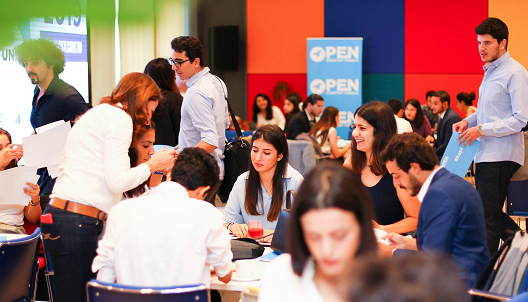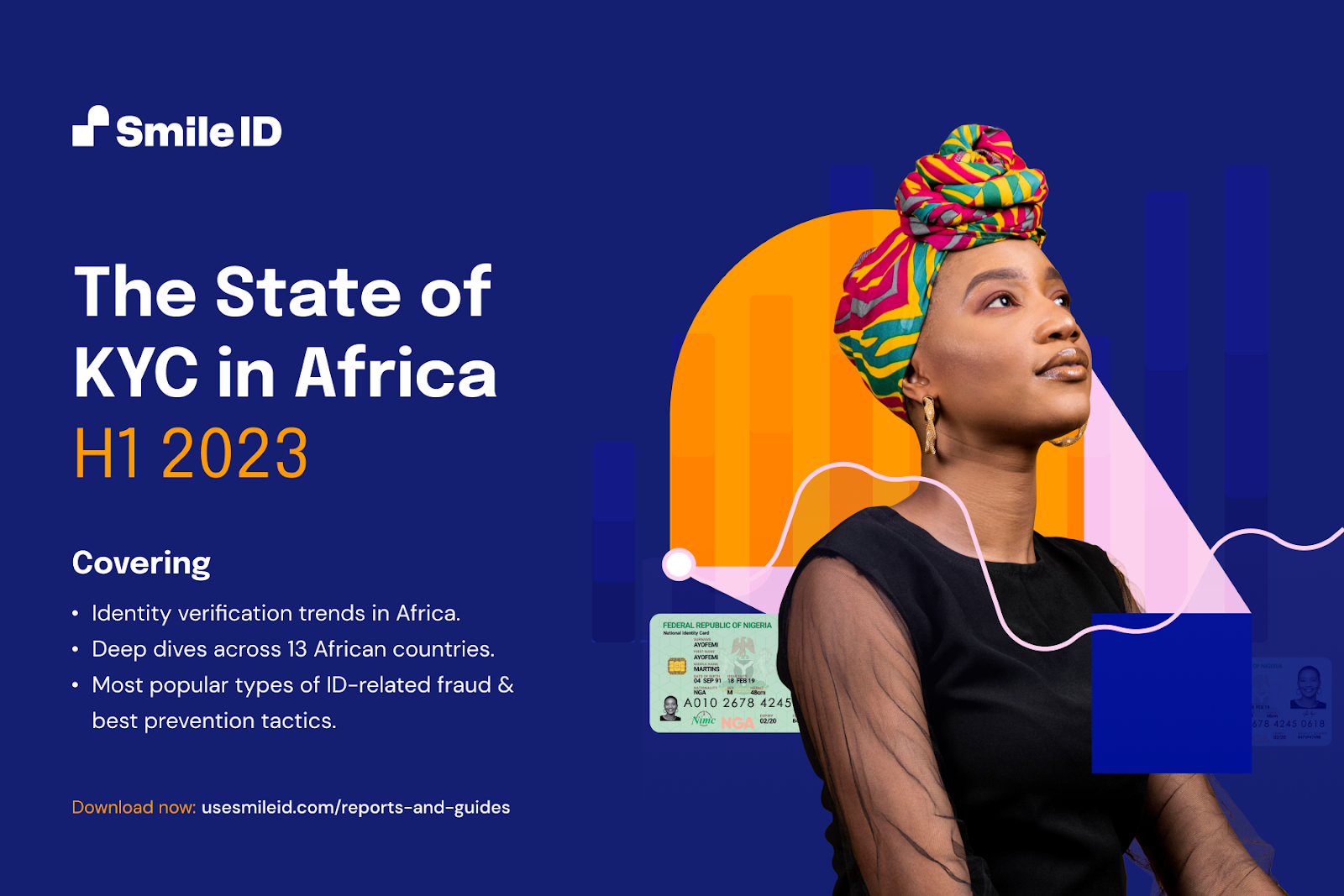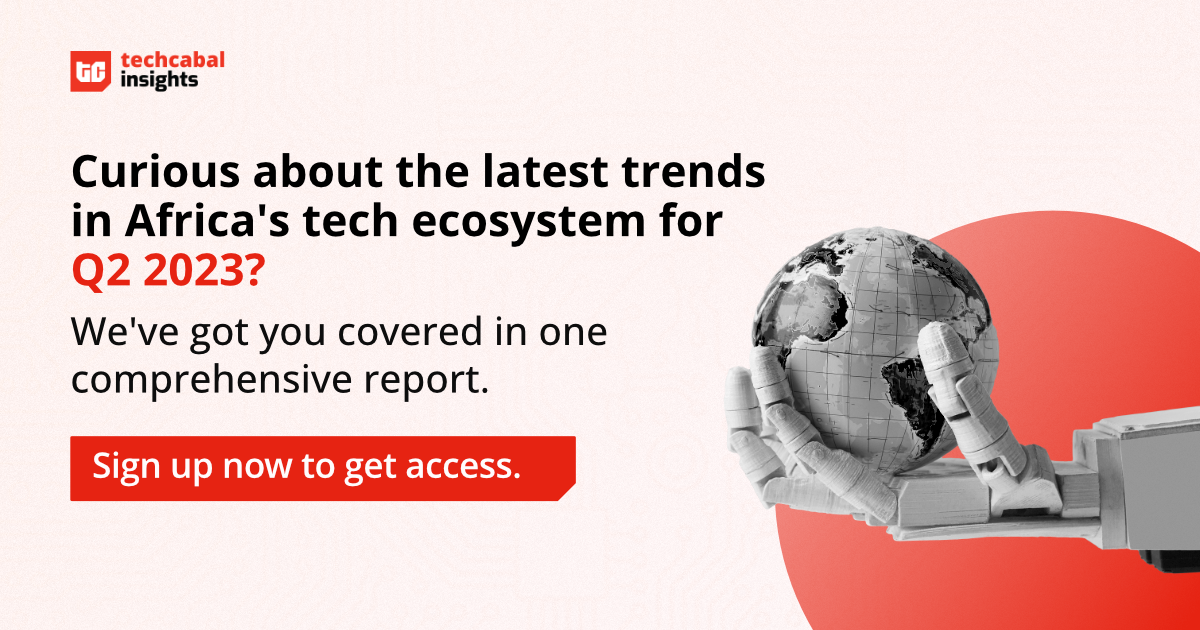
First published 6 August 2023
In Tunisia, raw talent and a tight-knit community of builders, entrepreneurs and tech workers could create Africa’s axis for deep tech. But not before a few important and urgent changes.
This is the third edition of our ecosystem reviews on Next Wave. Read #1 and #2.
It is 1:34 a.m. in Kigali and I am reading the New York Times profile of Morris Chang, founder of Taiwan Semiconductor Manufacturing Company (TSMC) which is today, the world’s leading fab (maker) of nanoscopic transistors etched into silicon wafers.
I am also typing out (some of) the words you are reading for this edition of Next Wave.
Reading Morris’ profile puts me in the right headspace for today’s ecosystem review of the small African nation nestled between Algeria, Libya and the Mediterranean Sea–Tunisia.
With almost 5,000 students registered, Tunisia has the most number of student members in the Europe, Middle East and Africa region of the Institute of Electrical and Electronics Engineers. That is a stunning 1900 increase from 2011 when the country had only 263 student members. By total membership, Tunisia is the only African country in the Top 10 ranking of IEEE chapters in the EMEA region.
IEEE membership numbers do not necessarily mean technology prowess. Israel has a total of 1,300 members (including students). But Tunisia’s numerical representation in the IEEE is a useful proxy for discerning how seriously the country takes STEM education. What’s more? It’s a proxy I like.
“Everybody knows everybody”
This concentration of talent is not new. In the last 40 years, manufacturing formed the basis of the Tunisia’s GDP growth. From subcontracted operations for labour-intensive, low-value-added manufacturing for European companies, Tunisian firms have moved up the value chain into segments such as aeronautic component manufacturing. Several multinationals such as Benetton and Airbus tapped the country’s base of skilled engineers and opened wholly-owned production plants in the country, analysts at Oxford Business write. With almost half of Tunisia’s manufacturing destined for overseas markets, the country’s globally oriented production focus has not been in doubt.
Tunisia’s small, but growing tight-knit ecosystem is built around this concentration of technology talent. And as a technology ecosystem takes shape, this massing of engineers, developers and other academics are beginning to coalesce into an entrepreneurial force of its own. There are not many African countries where there is a dedicated effort to connect technology ecosystems with academic and research institutions, but Open Startup Tunisia is a shining example of this startup-academic bridge in action. Co-working spaces dot the city. One of them, The Dot, is a veritable watering hole for the tech workers, founders, investors and venture builders working in Tunis.
In 2018, Tunisia famously passed the first Startup Act in Africa, leading to a scramble to pass startup laws in other African countries, including Senegal, Nigeria, Rwanda, Kenya and South Africa. New incubators, accelerators and startup labs have been born since 2016 to help catalyse entrepreneurial growth from the natural tech advantage.
While investments into Tunisian startups have increased, especially following the passage of the Startup Act in 2018 and the further surge in global venture investments in the last five years, Tunisia has not realised the expected boom from its concentration of tech talent, research institutions and growing entrepreneurial ambition.
Tunisia has talent. Its government just needs to help them fly—mostly by getting out of the way—and supporting entrepreneurs to recreate the successes of the country’s auto-industry in the startup scene.
Show me the money
Everyone I spoke to last week for this piece, described a variant of the need for and lack of funding opportunities as one of the primary challenges Tunisia’s startup ecosystem has to deal with.
True, the Startup Act of 2018 successfully spurred technology entrepreneurship. Especially as it offered a full-year stipend for up to three co-founders in any startup accepted into the programme. But the government capital only went so far. It provided the seed, but an accompanying full liberalisation of the market in order to create an enabling environment for scaling locally domiciled startups is yet to happen.
One of the results is an abundance of early-stage startups, with working products and some traction, but not enough liftoff power to overcome gravity. A secondary effect of this is the easy out—a proliferation of marketplace applications hoping to grow enough to find viability outside of Tunisia and into Gulf countries.
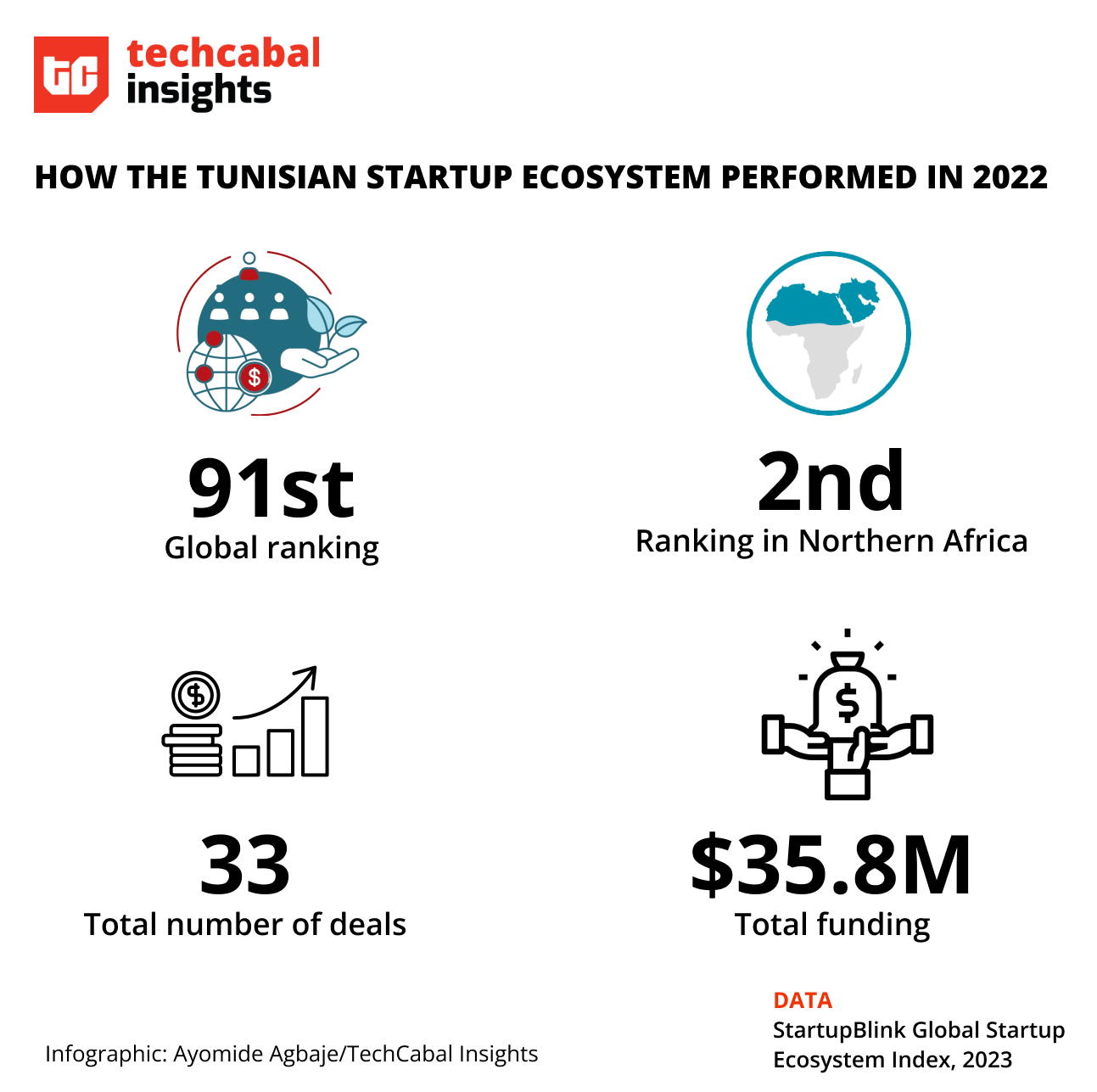
There has been unmistakeable progress in Tunisia’s ecosystem growth. But it is far from the potential of the ecosystem that produced InstaDeep and Expensya. Infographic: Ayomide Agbaje for TC Insights
While InstaDeep’s exit brought a lot of attention to Tunisia, it was not sufficient to spur investment into startups domiciled in Tunisia. If anything, it probably demonstrated the benefit of building technology with global market reach. As Yassir Idrissi, former Careem entrepreneur and co-founder of the Egyptian food supply startup Nomu, told Al-Monitor earlier this year, “The [InstaDeep] exit is a step in the right direction but not really a game-changer in itself,” adding, “It could have been, but the market is so difficult that it will continue to drive investors away.”
Time to loosen up and double down
With Europe’s homegrown startup ecosystem picking up even more steam, Tunisia’s links to the rich Gulf countries are a crucial lifeline market for tech entrepreneurs. But the difficulties of operating in a small closeted market held down by bureaucracy weigh heavily on Tunisia’s ecosystem. The result is that an expected nearshoring of IT services in Tunisia from foreign firms is undercut by the relocation of tech talent to Europe or nearby Gulf countries.
The government’s collaboration with the private sector has yielded a clear boost to entrepreneurial activity. A decade ago, heck even 5 years ago, you would have to turn on the searchlight to try to find Tunisian startups. Today they are a dime a dozen. In some ways, it is a good problem to have. On the other hand, some of the benefits of government initiatives like the Startup Act are not widely available to unlabeled startups (i.e startups not captured by the Startup Tunisia database of registered startups). This predictably limits the scope for entrepreneurship.
Thankfully, work and advocacy is ongoing on a Startup Act 2.0 that will propose additional reforms and amendments to the first startup law. Only a few other African countries have enacted similar startup-focused laws. Even fewer countries have the level of government support and extensive reforms that Startup Tunisia have been able to muster.
While encouraging local tech entrepreneurship is important. Promoting innovation in the hard sciences is an advantage Tunisia’s ecosystem should not lose while pursuing venture-capital-driven innovation. The nation will be well served if the view of technology innovation is not limited to marketplace apps, the odd business process application or enterprise solutions.
From the days of William Shockley to today, the making things—especially physical things—has always had the most defensibility and Tunisia can build a reputation for itself here. It is already on the way, with Kumulus Water, which makes machines that turn humidity into fresh drinking water. Tunisia needs to double down on these types of innovation without ignoring its strength in software development.
Software may have been “eating the world” in the 2010s, but the 2020s have demonstrated a strong signal that making things, creating technical breakthroughs and birthing new applications for science is cool. Africa and the Middle East need to build/adapt a lot of things to solve both uniquely African problems and persistent global challenges.
South’s waiting
Two weeks ago, I wrote that Rwanda should follow the Tunisian example and expand its market outlook to accommodate global solutions. Tunisia could benefit from adjusting its market orientation in the opposite direction. That means among other things, leveraging its talent advantage to build products that meet African needs, at scale. If Tunisian startups can compete with European firms in Belgium, I don’t see why they cannot compete with European agritech products in Botswana, for example.
This type of “Build in Tunisia” programme will necessarily mean opening the doors to significant ties to innovation ecosystems in Africa. Egypt is leading the way already and Tunisia can learn from it.
It will take some getting used to and a lot of adjustments. But in the end, it may just be the liftoff spark Tunisia’s tech ecosystem has been waiting for. To do this effectively, the Tunisian government may need to loosen up on restrictive rules and bureaucratic processes a little bit more. Even if only to allow its entrepreneurs comfortably build from Tunisia, without all leaving for the UAE, Riyadh, France or Doha. That leaves the ball squarely at the government’s feet and to how much of a role it sees for Tunisia’s technology ecosystem in its economic programme.
If Africa were to have it’s version of Taiwan’s TSMC or the Dutch AMSL today, Tunisia would probably be a frontrunner for where it will be located. But this will not happen without making it easier for the Morris Chang’s of this world to come in, build and scale the technology behemoths that can command 55% of the world’s semiconductor manufacturing market as well as respect from the two largest economies, United States and China.
I would love to meet more of the people who are building in, from or for Tunisia. Ditto if you’re interested in exploring opportunities in Tunisia as an entrepreneur, venture builder, investor, or otherwise involved in how technology is progressing in Tunisia or the wider MENA region. I’d love to hear from you. Please feel free to reach out to abraham[at]bigcabal[dot]com. I’ll be looking out for your emails.
Special thanks to Ahmed Hadhri, Rim Abid and Sarah Manoubi for taking time to share their perspectives with me for this piece
We’d love to hear from you
Psst! Down here!
Thanks for reading today’s Next Wave. Please share. Or subscribe if someone shared it to you here for free to get fresh perspectives on the progress of digital innovation in Africa every Sunday.
As always feel free to email a reply or response to this essay. I enjoy reading those emails a lot.
TC Daily newsletter is out daily (Mon – Fri) brief of all the technology and business stories you need to know. Get it in your inbox each weekday at 7 AM (WAT).
Follow TechCabal on Twitter, Instagram, Facebook, and LinkedIn to stay engaged in our real-time conversations on tech and innovation in Africa.
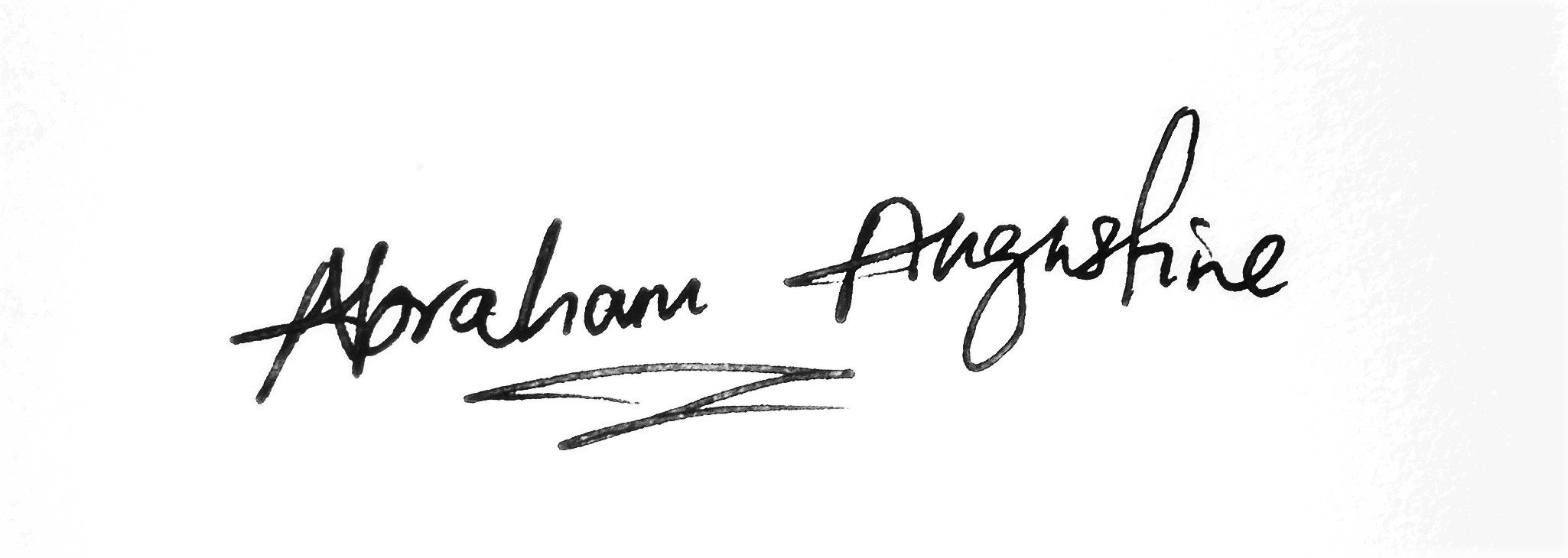
Abraham Augustine,
Senior Reporter, Business and Insights
TechCabal.







